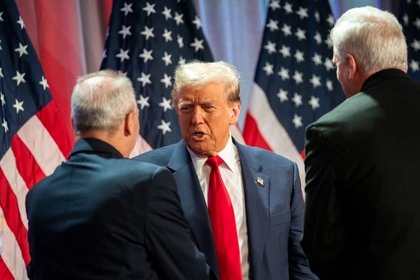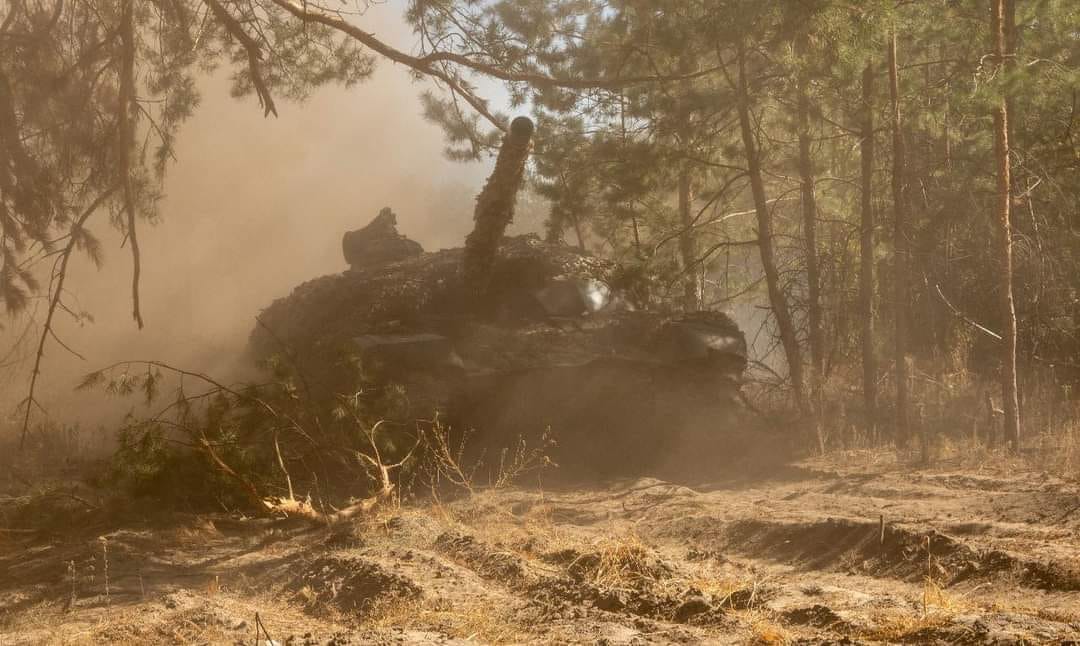Reformist candidate Masoud Pezeshkian, a former heart surgeon and MP, was declared the winner of Iran’s runoff presidential election on Saturday, July 6 having secured 53.6 percent of the 30.5 million votes cast – although less than half of those qualified to vote turned out, many in protest against the government.
Considered to be a reformist, in contrast to his hardline opponent, Saeed Jalili, Pezeshkian campaigned on a platform promising to reach out to the West and ease enforcement of some of the more restrictive laws in an attempt to end years of sanctions and to address some of the protests that had beset the Islamic Republic in recent months.
JOIN US ON TELEGRAM
Follow our coverage of the war on the @Kyivpost_official.
The election was called after the previous President Ebrahim Raisi, Foreign Minister Hossein Amir-Abdollahian and other officials died in a helicopter crash in Iran’s remote northwest in May. He was the only reformist candidate running for the presidency after dozens of other candidates were barred from running by Iran’s 12-member Guardian Council, who also have the authority to certify the vote before Pezeshkian can take office.
Following the announcement of the result, Pezeshkian appealed for unity and support from the Iranian people in a statement posted on X on Saturday morning – even though the platform is officially still banned in the country. The post read:
“Dear people of Iran, the elections are over, and this is just the beginning of our cooperation. The difficult path ahead will not be smooth except with your companionship, empathy and trust. I extend my hand to you and I swear on my honor that I will not leave you alone on this path. Do not leave me alone.”

Pragmatic Dialogue with Trump Now Vital for Ukrainian Diplomacy
Those who think that as a reformist everything in Iran will change for the better may be disappointed. During the election campaign, Pezeshkian emphasized that he saw no need for radical changes to Iran’s Shiite theocracy and considered the country’s Supreme Leader Ayatollah Ali Khamenei as “the final arbiter of all matters of state in the country.”
Iran faces increasing international isolation, continuing internal discontent, economic decline and the growing danger of direct conflict with Israel. He is unlikely to do anything to defuse the threat of war, as he says, he would “try to have friendly relations with all countries except Israel.”
His views on the relationship between Tehran and Moscow is not so clear cut, where the military and economic relationship has grown since the full-scale invasion of Ukraine. It is perhaps relevant that Russia’s President Vladimir Putin along with the leaders of Saudi Arabia, Pakistan and Syria were among the first to congratulate Pezeshkian on his victory.
In a statement published on the Kremlin website, Putin said, “I hope that your activity as president will facilitate the further boosting of constructive bilateral cooperation on all tracks to benefit our friendly peoples, in the interests of easing regional security and stability.”
While Pezeshkian made all the right noises as he sought the presidency announcing that he wanted to open dialog with Iran’s enemies, particularly in relation to Tehran’s nuclear program asking the question, “Do we want to solve our problems with the world or not? I believe we must get out of the deadlock to solve our country’s problems.”
In reality, however, this and the modest changes he espouses, such as relaxation of the “headscarf laws,” are likely to be opposed by the hard-liners who still hold the majority in the Iranian government and the Supreme Leader, Ayatollah Ali Khamenei, effectively holding the power of veto over all matters of state.
You can also highlight the text and press Ctrl + Enter






